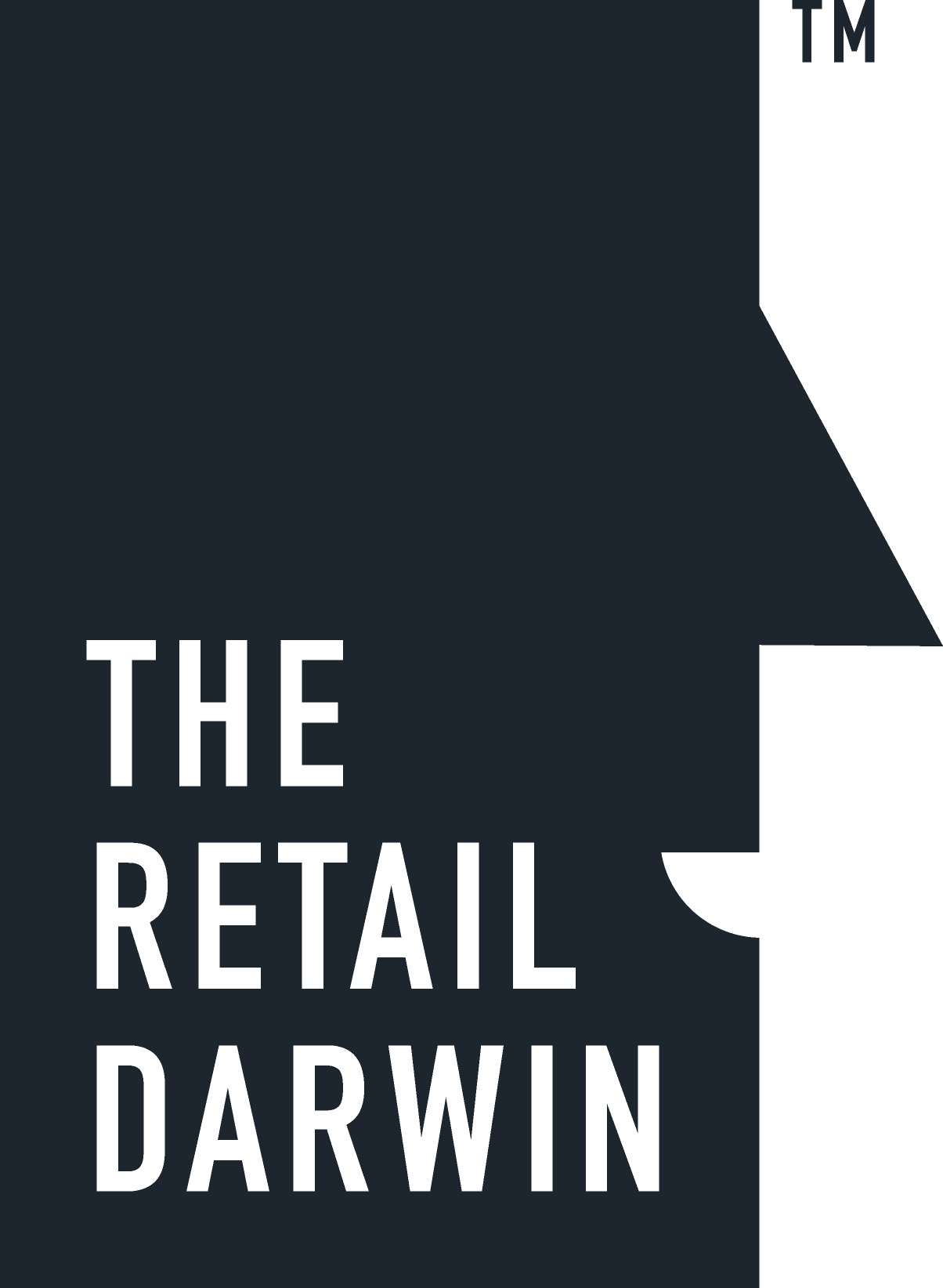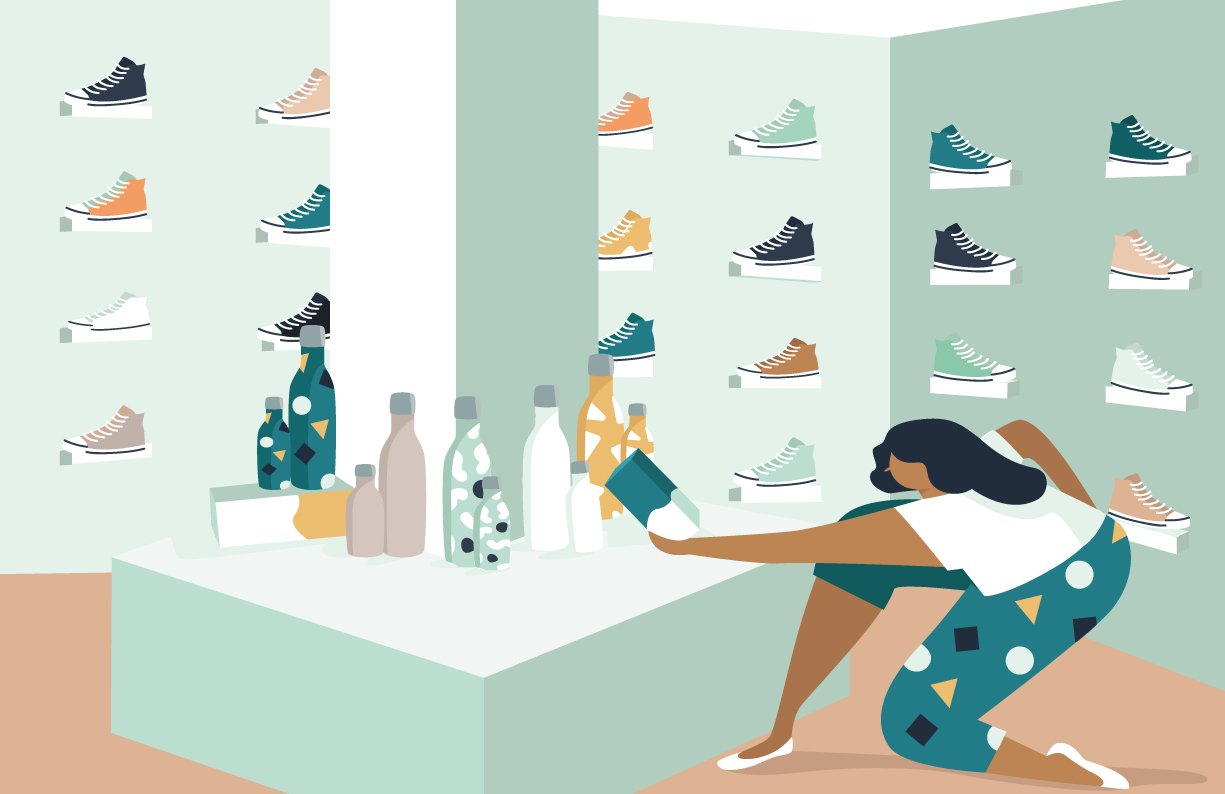Get In Touch
Co-retailing platforms lower the barrier for brands to connect with their customers.
Update May, 2021: Since the story was originally published in 2019, Guesst has evolved their business model to focus on creating responsive software solutions to solve challenges in commercial real estate. For the most up-to-date information, visit guesst.co.
The trade of digital-first influencer marketing is estimated to be worth $9 billion this year and twice as much by 2022. With the online retail landscape getting increasingly populous, there is more value-driven entrepreneurship ready to go offline than ever before. To satisfy market demands, platforms like Guesst and Re:store are taking the lead to demonstrate how brands, retailers, and property owners might reinvent and optimize physical retail spaces.
Guesst, a platform that promotes a “pop-share” model, lets small DTC brands utilize spaces and the experienced sales forces of existing retailers whose stores are already positioned in sought-after markets. At the same time, with a constantly refreshed inventory and a diverse selection of brands, retailers can create an appealing lifestyle-oriented narrative to engage consumers in-store. Devoted to “blurring the lines between shopping, community, and creation,” Re:store is a platform that unites upstart brands and brings them “from URL to IRL.” As many as 70 brands share a communal space with 3 immersive levels and knowledgeable sales associates. The platform also offers a community workspace, where entrepreneurs who may otherwise be operating out of their apartments can directly interact with customers and curious visitors.
“If there’s a possibility we’ve created something that can help small businesses flourish, then we’ve succeeded,” said Michele Varian, co-founder of Guesst.
Sources: WWD (September 12, 2019) | Glossy (August 23, 2019) | Architectural Digest (August 8, 2018) | Image: Laura Pittaccio


